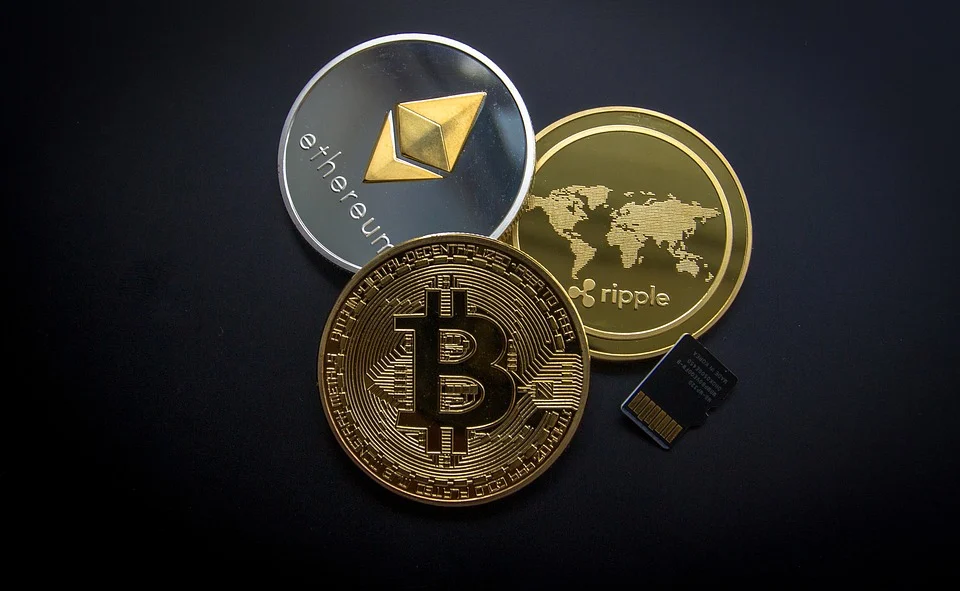It’s no secret that cryptocurrency is the future. The world has seen an increase in acceptance of crypto, and with it has come a surge of investors wanting to get a piece of the pie. However, there are still many people who don’t know anything about Bitcoin or other cryptocurrencies. In this article, we will be discussing some reasons why you should invest in cryptos like Bitcoin.
Table of Contents
1) For Your Retirement
Cryptocurrencies like Bitcoin have a ton of potential when it comes to retirement planning. Because they are not regulated by governments, they provide a way to get around inflation and other economic problems. They are also a great way to spread your risk around – if one crypto fails, you still have others that can make up for the loss. In short, cryptos can help you secure your financial future in ways that traditional investments cannot. However, before you invest your money, it would be smart to talk with a financial planner. You should also go through BitIRA reviews to learn more about crypto-based retirement accounts. By learning as much as you can, you will be more confident in your investment decisions.
2) Easy Transactions
The transaction is the process of paying money for goods or services and can happen in any number of ways. Cryptos like Bitcoin make it easier than ever to pay for goods and services. Traditional transactions require third-party approval, but crypto transactions don’t have to go through a bank or any other central authority. When you’re making a transaction with Bitcoin, you’re making it with whoever holds the keys to that specific wallet. A wallet is a place where you can store digital currencies, each one of them has its own unique wallet address. To send Bitcoin from Wallet A to Wallet B, all you would have to do is type in the receiver’s wallet address and how many coins you want to send. In order for this transaction to be successful, all someone needs is your wallet address.
3) They’re Secure
Cryptocurrencies like Bitcoin are incredibly secure, and that makes them perfect for transactions. When you use cryptos to pay for something online, the transaction is encrypted in a way that makes it almost impossible for anyone to hack. This is the perfect way to protect your money, and cryptocurrencies like Bitcoin give people more control over their privacy than any other investment or currency can. Most importantly, there are no big banks involved that could lose track of your money because it’s stored directly on the blockchain.
4) Portfolio Diversification
Bitcoin is not the only cryptocurrency out there. There are thousands of different cryptos to choose from, and if you want to invest in them, it would be smart to do your research. You might even find that some cryptos perform better than Bitcoin does. If that’s the case, then diversifying your portfolio could put you in a better place financially. Diversification also helps protect against losing all your money if something were to happen. For example, say you invest in Bitcoin and other cryptos as well. If the price of Bitcoin falls by 50%, but other cryptos double in value, then you still have something to fall back on.
5) To Beat Inflation
Governments are known for making poor economic decisions that lead to inflation. For example, Venezuela is currently suffering from hyperinflation because the country’s national currency loses value every day. This means Venezuelans are experiencing the effects of rising prices each and every day. By investing in cryptos, you have a way to get around inflation and still be able to use your money. Unlike government currencies, cryptocurrencies aren’t affected by poor economic decision-making. In short, they’re deflationary because their supply is limited.
6) Big Potential Returns
In theory, investing in cryptos should give great returns. This means you could see a significant increase in the value of your money after you invest. However, to gain profit from investing, you need to spend time researching the coins and how they work. This way, you can find ones that have a good chance of going up in value, but also figure out if their technology is worth investing in or not. In addition, you will have to follow market trends to know when the best time is to buy or sell your coins.
7) They’re Not Controlled By The Government
Cryptos like Bitcoin are decentralized currencies that aren’t controlled by any entity, including banks and governments. As we already mentioned, this means that you don’t have to worry about inflation caused by poor economic decisions. However, it also means that there is no one who can stop anyone from making transactions with cryptos. In fact, the government doesn’t have any control over cryptos. This gives people a new level of privacy when making transactions, which is beneficial for crypto users around the world.
8) You’re Anonymous
Since no one can see your wallet address, including banks and governments, it’s impossible to know who is making the transaction. Many people believe this provides them with anonymity, which means they have the chance to buy things without being tracked by anyone. This gives people more freedom when it comes to spending money online because there are no consequences for anything that they do. If you want to buy something that you wouldn’t be able to purchase elsewhere, then cryptocurrencies give you the ability to do so.
There are many reasons why you should consider investing in Bitcoin and other cryptocurrencies. For one, they offer portfolio diversification for those who want to spread their risk. In addition, cryptos have the potential to beat inflation. Moreover, they’re not controlled by the government, so your investment is safe from any political decisions that could negatively affect traditional currencies. Finally, you’re anonymous when you make transactions with cryptos, so there’s no need to worry about being tracked down. Considering all these benefits, it’s easy to see why Bitcoin and other cryptocurrencies are becoming more popular each day. Are you ready to join the bandwagon? We hope this article has helped you make a decision.
Read more:





Leave a Reply
You must be logged in to post a comment.